(Acknowledgements to Wiki - I could never get a shot like this one!)
The Park Management issue this warning: "Be prepared for all weather conditions and carry wet weather gear on longer walks. Conditions change quickly, and temperatures are regularly below zero on the Pinnacle. Don't get caught without your coat!"
Here are some of our own images:
From the lookout, about a third of the way up
Rhonda, dressed down, spots smething in the distance:
That's 'black Ice' on the road surface!
Someone left a 'coldie' on the fireplace and it 'popped' its cap as the beer expanded and froze.
Hola! Its Parkas on from this point up!
Ice and snow were not all we had to contend with - the melting snows of spring had rivulets of water pouring off the cliff face and running across the road in some places. The road from this point was constant 'hairpins' and you could not anticipate what was around the corner.
The old weather shelter at The Pinnacle.
The new shelter and viewing area at The Pinnacle.
While I take in the views from a 240 degree viewing platform, Rhonda took a rest.
Huge sheets of ice had formed on one of the telecommunications towers and without any warning they would break off and crash to the ground inside a fenced off enclosure.
The Pinnacle itself:
The going could be rough, cross-country, but even the made pathways were mounded with ice that had to be climbed over. Remember, This IS "Spring" and not the middle of winter!
The new raised walkway made is way down to an outside viewing platform.
The young people favoured it!
I preferred the relative comfort of the enclosed viewing area!
You got a good view of Hobart below.
There was a dedication inside the new shelter and viewing area as a tribute to Sir Ernest Clark, the engineer who built The Pinnacle road in 1937 - a great feat for its time and required the cooperative efforts of the City of Hobart Council and the state government.
Rhonda had 'warmed up' and ventured out onto one of the viewing platforms.
She was fascinated by the extent of the Derwent River and the the bayside settlement of South Arm in the distance which is connected to the mainland by road across a long and narrow spit.
We left Wellington Park and headed down the mountain to find the road south. We were interested in doing some exploration of the access ferry to bruny island, a National Park and Wildlife Sanctuary that we wanted to visit next summer and bring the grandsons with us!
Bruny Island is renowned for its jet-boat tours of its rugged coastline that are the habitat of penquins, seals and sea lions as well as many nesting seabirds.

Bruny Island light on the southern tip of the south island.
A rock formation off Bruny Island, home to blackfaced cormorants..






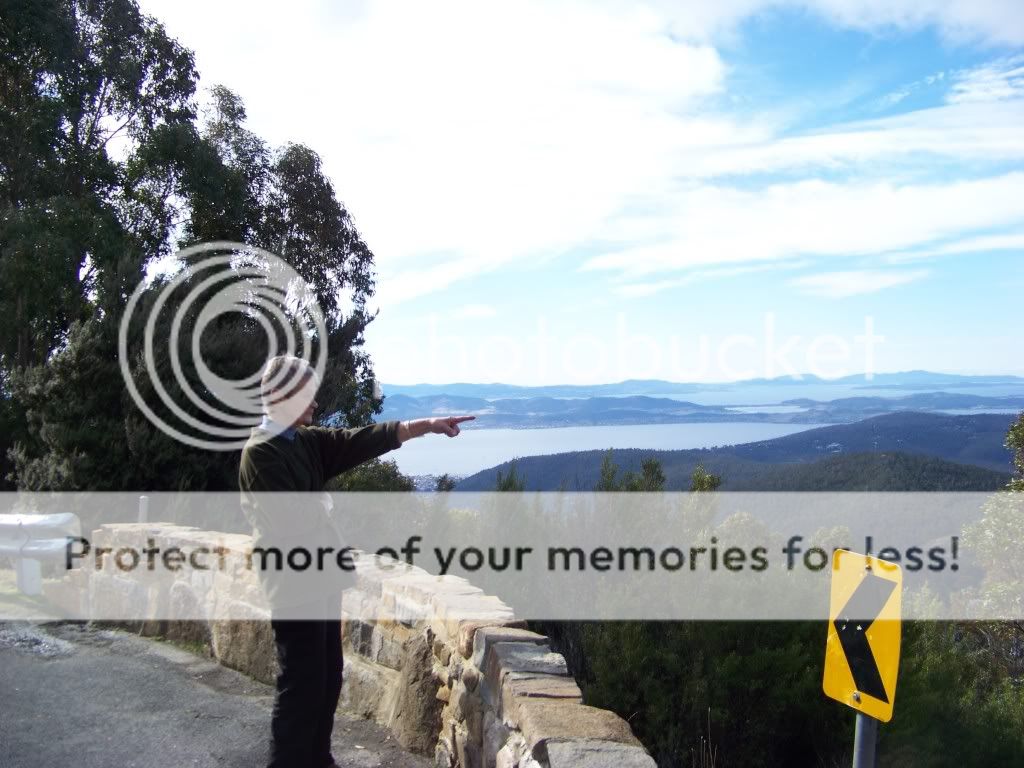

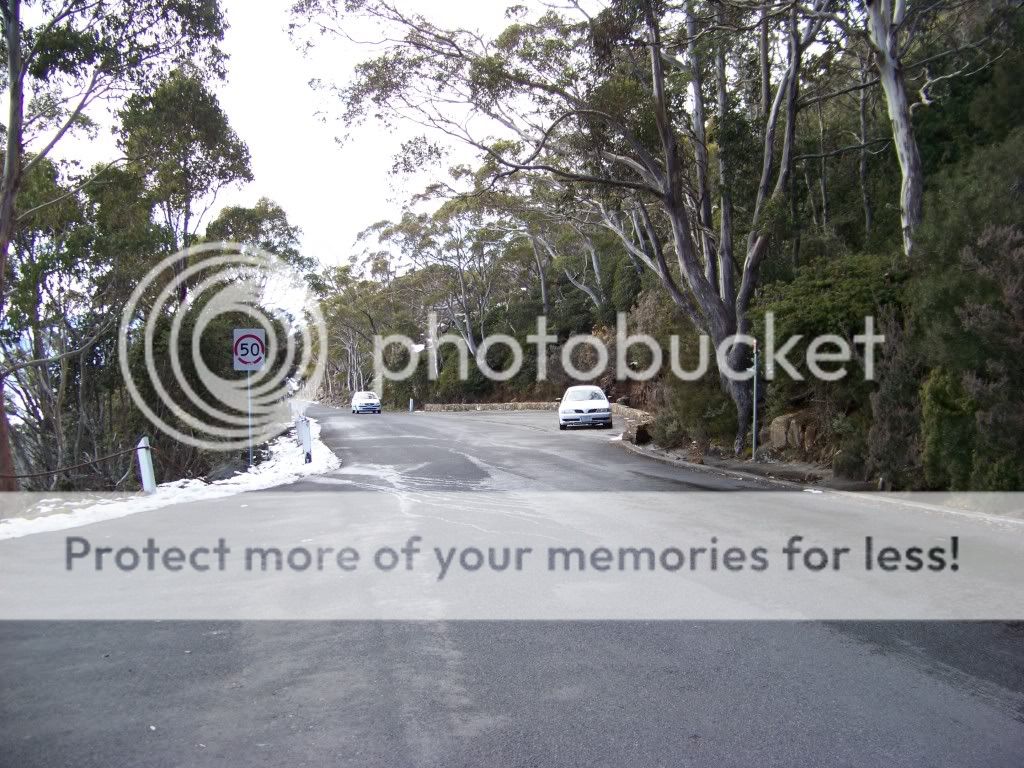



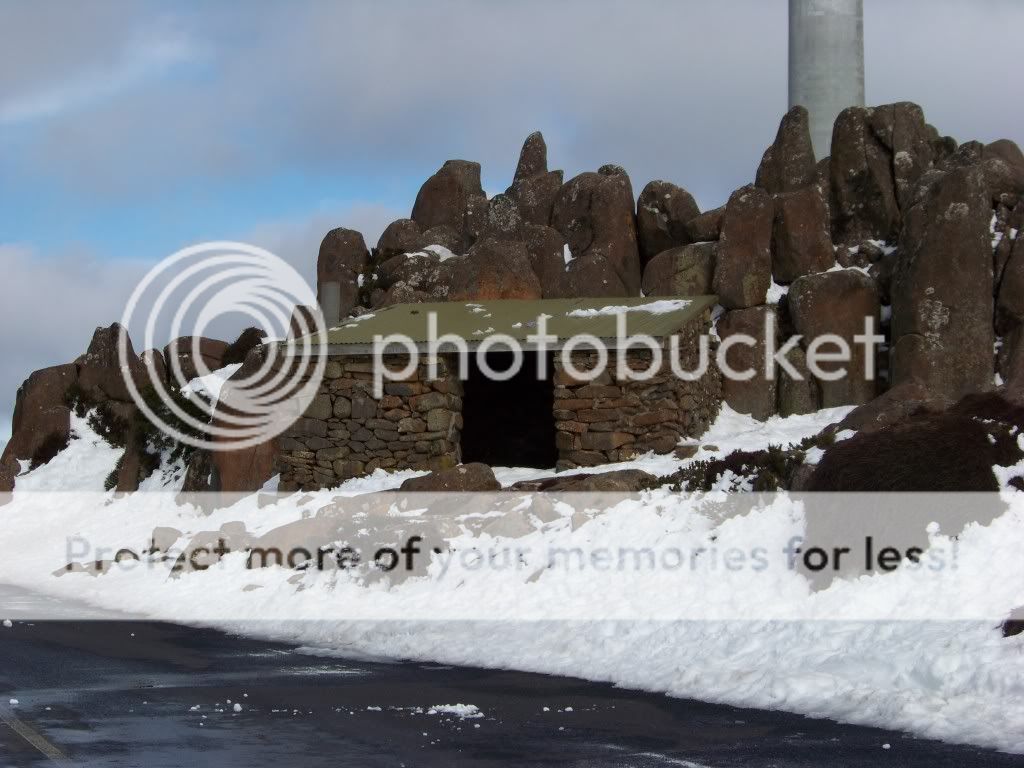

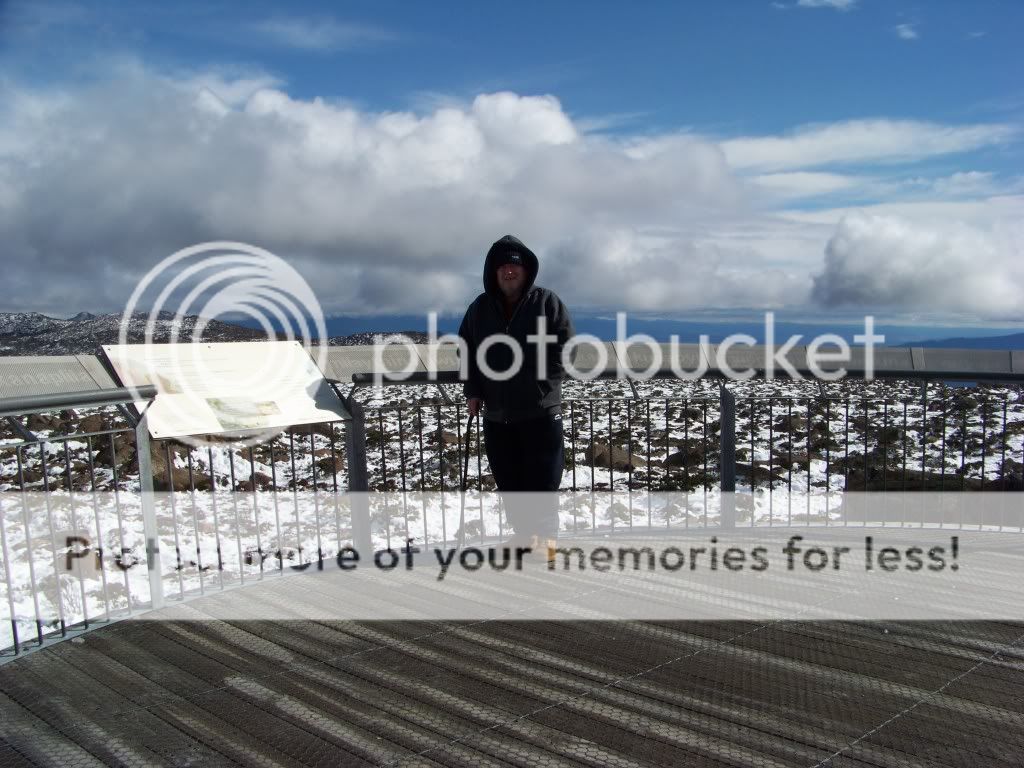









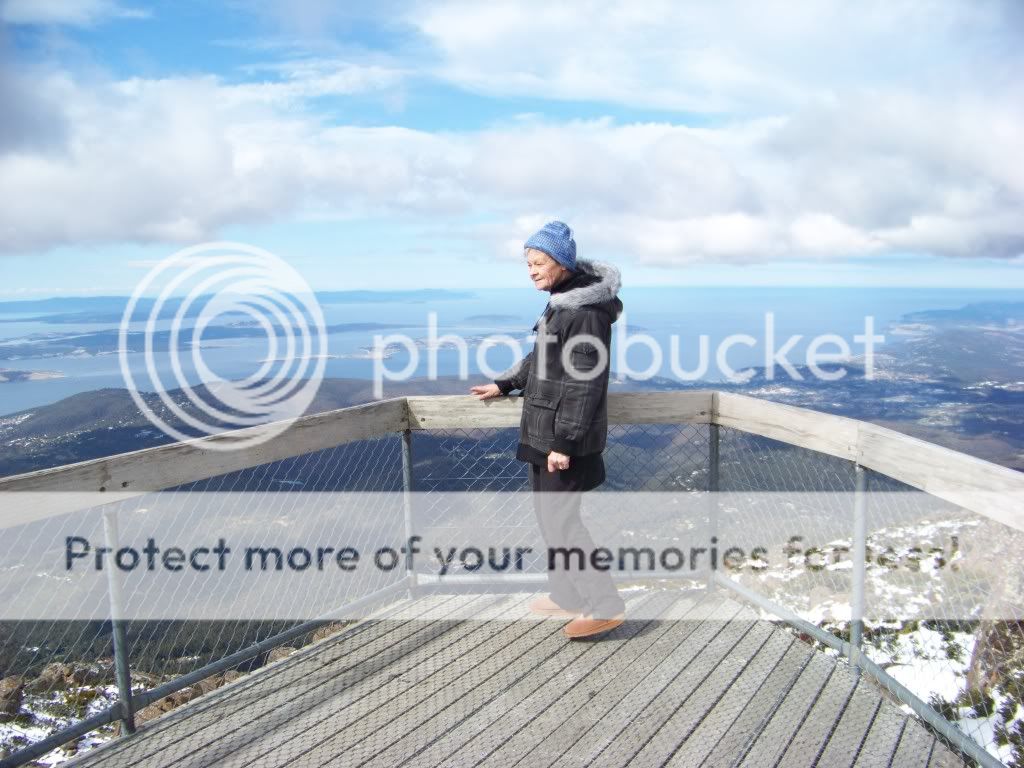


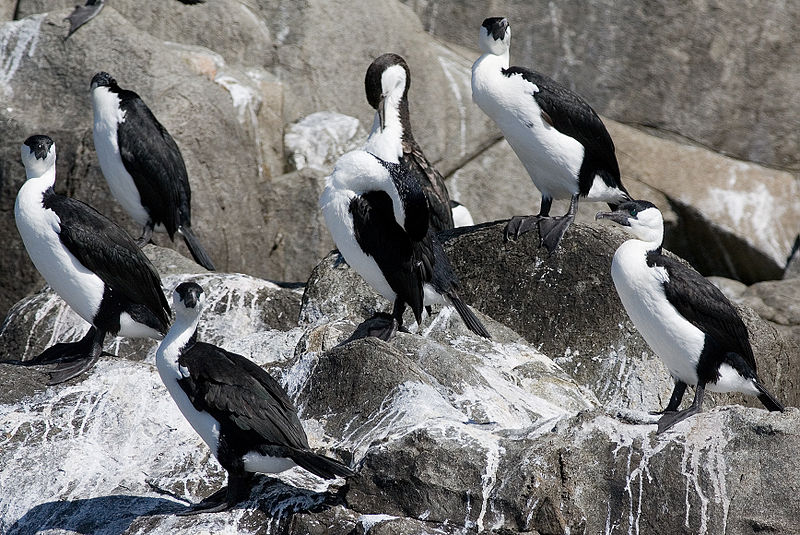
4 comments:
There are some fantastic images here John, nice work!
Fabulous views!
i visited australia about 7 years ago but didn't get to explore Tassie, maybe next time!
Steve, Thank you - all credit to a good camera with a good lens! LOL!
Sham, Tassie is worth the visit. Essentially it is a coastal visiting area but there are some great 'wild' places if you venture into the interior on guided tours. The northern area of Tasmania is greener and more fertile than the south. Launcestion ('Lonnie' to the locals) and Devonport are well worth a look but allow plenty of time as the progress can be slow.
Post a Comment